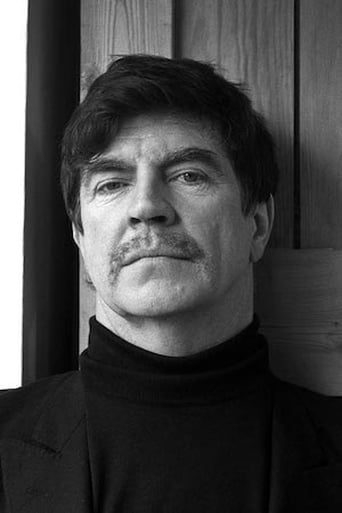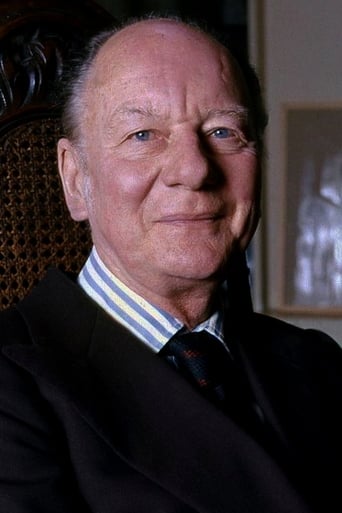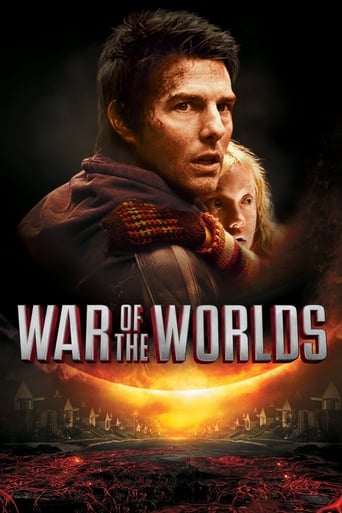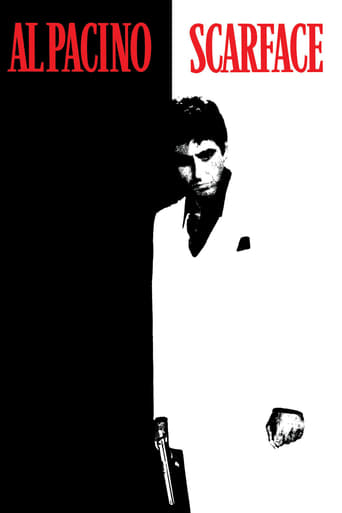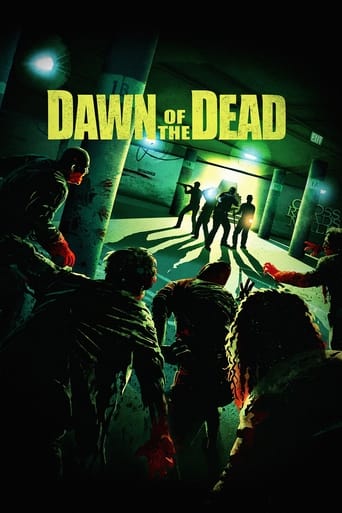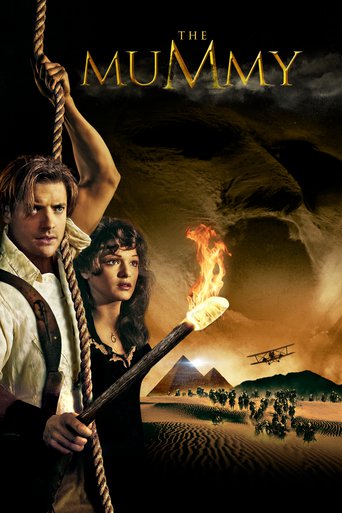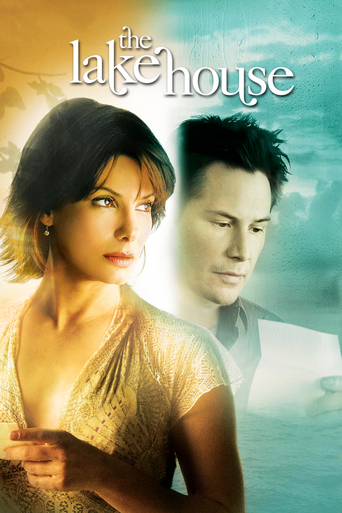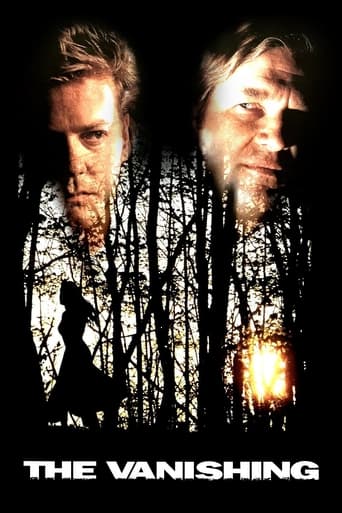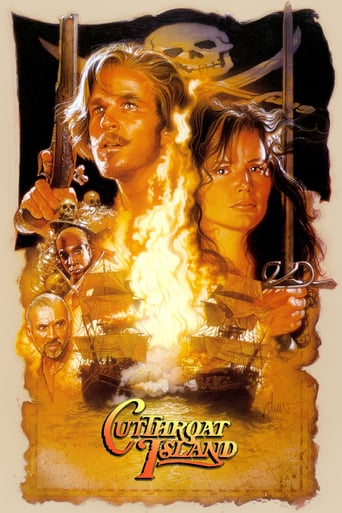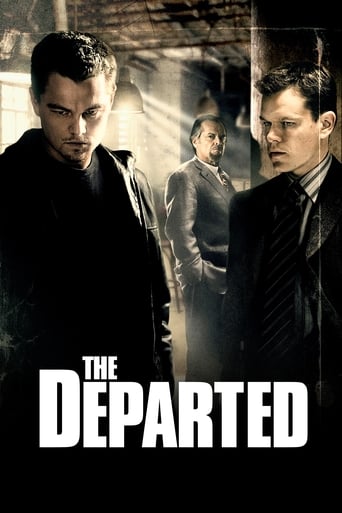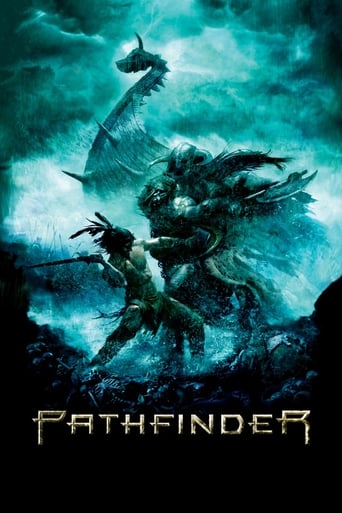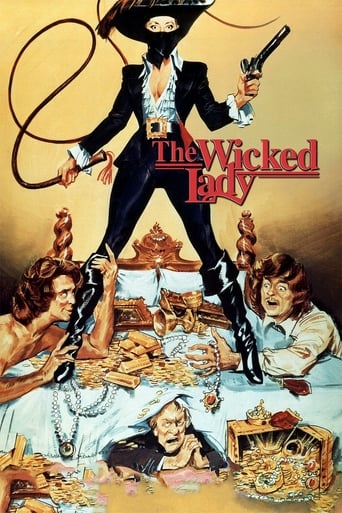
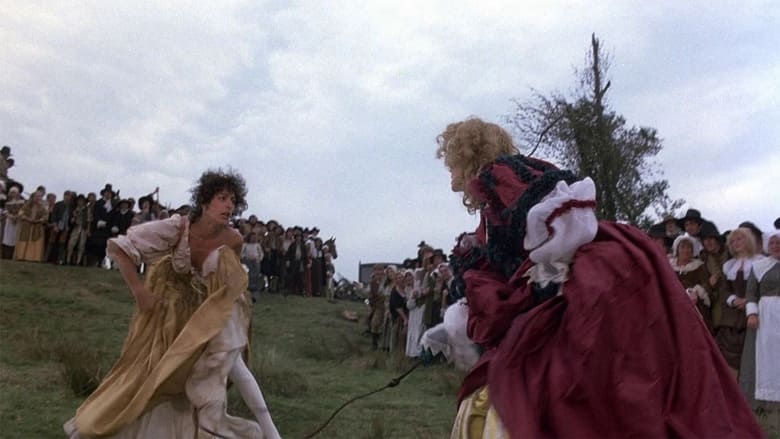
The Wicked Lady (1983)
Caroline is to be wed to Sir Ralph and invites her sister Barbara to be her bridesmaid. Barbara seduces Ralph, however, and she becomes the new Lady, but despite her new wealthy situation, she gets bored and turns to highway robbery for thrills. While on the road she meets a famous highwayman, and they continue as a team, but some people begin suspecting her identity, and she risks death if she continues her nefarious activities.
Watch Trailer
Cast


Similar titles
Reviews
It's entirely possible that sending the audience out feeling lousy was intentional
To all those who have watched it: I hope you enjoyed it as much as I do.
The film's masterful storytelling did its job. The message was clear. No need to overdo.
what a terribly boring film. I'm sorry but this is absolutely not deserving of best picture and will be forgotten quickly. Entertaining and engaging cinema? No. Nothing performances with flat faces and mistaking silence for subtlety.
I first saw the original (black and white) film on TV when I was a kid and have never forgotten it, especially one scene in particular which I shall come to later.The later film follows the plot of the first film closely. The dialogue is often word-for-word. The main difference action-wise is that several doses of nudity have been added to the 1983 version, including an embarrassingly tacky cat-fight with whips. In IMDb's trivia section for this movie it is stated, twice, that the whip scene was already in the 1945 version but it certainly was NOT in the one that I saw.The original film is wonderfully cast: the mild-mannered but sympathetically dignified Sir Ralph (Griffith Jones) the gentleman-rogue highwayman (James Mason) the irritatingly pious butler Hogarth (Felix Aylmer) the dashing Kit Locksby (Michael Rennie) and sweet Caroline (Patricia Roc).Interestingly, Patricia Roc (the supporting actress) is actually more beautiful than Barbara Lockwood, but Lockwood, in the role of the scheming and danger-loving wicked Lady, carries the film with ease and one feels that nobody could have played the role so perfectly! All this, however, is far from the case with the remake. Sir Ralph is played by a far, far too old and unattractive Denholm Elliot.Kit Locksby is played by a totally undashing and wooden Oliver Tobias.Glynis Barber is OK as Caroline and Geilgud is pretty much the same as Aylmer in the butler role.It is clear that the producers have been very careful to make the supporting actresses much less attractive than 'star' Dunaway! This can be seen not only in the Carolines but in Ralph's sister Henrietta who, in the first film, is attractive and arch (Enid Stamp-Taylor) but plain and peevish in the second (Prunella Scales).Alan Bates manages the highwayman role OK, until the speech-before-the-hanging scene. Here you can't help but compare him to Mason and I'm afraid he falls very far short.But all this would be sort of acceptable if the lead could carry the most important role, the wicked Lady herself. But Faye Dunaway is just not in the same league as Lockwood. And because so many scenes are exactly the same as the original, you can't help but compare them.Add to this the fact that Winner has added several instances of gratuitous nudity along with a tacky sex-by-an-open-fire scene between Tobias and Barber. To avoid confusion let me emphasise that the following concerns the original Wicked Lady film and NOT the remake! This film succeeds because it precisely balances all our conflicting sympathies. Yes, we DO feel sorry for Caroline that Barbara comes and steals the love of her life, Sir Ralph; but we also understand that Barbara soon gets bored with his staidness. She may be wicked but she's FUN and we enjoy to see her impose her own terms upon the household: opening the locked room with the secret passage and moving in there to have both her independence and an escape route to freedom and excitement.When she begins her wild affair with the highwayman she cuckolds Ralph and yet we don't feel very sorry for him because we know that he was not only foolish to have married her in the first place but in doing so he spurned and humiliated the gentle Caroline.Eventually Barbara's lawlessness leads to harm: her killing of the coachman, Ned (for which she seems to feel genuine remorse) and then the poisoning of the butler. When Hogarth discovers Barbara's wicked ways she realises all will be lost if he talks. Quickly understanding the only way to get round him, Barbara appeals to his spiritual pride, begging him to help her 'reform'.And so begins a regime of 'goodness' and 'good works'. This is rather comical and we sympathise with her trials, and, strangely, continue to sympathise with her, even when she uses poison to get rid of her tormentor. But when the dying butler threatens to talk, Barbara must deal with the situation quickly, and deal with it she does.In the movie's, for me, most unforgettable scene, Barbara presses the pillow on Hogarth's face to finish him off. I don't know quite why the director felt obliged to make an insertion at this point but we are given a sudden extreme close-up of her eyes looking shifty, perhaps intended to remind us of her wickedness or possible simply to remind us that Ralph and the others are just beyond the curtain. Whatever, but after this insert we are given a shot so beautifully framed and lighted that Lady Barbara looks almost angelic. And as she finishes the deed she gives a little sigh of accomplishment that is almost orgasmic! The film manipulates our sympathies so deftly that we don't really grasp how immoral it all really is.Caroline is united in the end with her Ralph and we think this is only right and good. After all, Ralph is the one who, in a key scene, stands up to all the other landowners and judges and even berates them for their treatment of the poor, showing that, though mild at home, he CAN be tough when it comes to fighting for justice.Note how, in this scene in the later movie, Ralph's speech is severely curtailed, making him seem far more weak and ineffectual.The remake in fact handles everything very coarsely. Winner and Dunaway make Barbara so grotesque that we can neither identify with her nor feel sympathy for her.So, if you're planning to watch The Wicked Lady (1983) please don't bother but hunt down a copy of the original from 1945. You won't be disappointed!
Spoiled Lady Skelton impersonates a notorious highway robber on horseback in the English countryside of the 17th century. It wasn't a bad idea for Michael Winner to stage a remake of Leslie Arliss' rollicking British adventure "The Wicked Lady" from 1945; Arliss' screenplay (credited here, along with Winner and others) was, after all, a tightly-wound and ingenious bit of sinful charade mixed with costume camp. But camp takes over in Winner's version, updated with bare bosoms and humping couples, while his star--the inimitable Faye Dunaway--is appropriately cast but coarse in the lead. Dunaway sports a whopper crop of hair and looks right in the flouncy attire, but she's manic and wild-eyed when all she needs to be is cruelly seductive (perhaps the ghost of "Mommie Dearest" was still dogging her?). Elsewhere, a British cast of elderly veterans and inept newcomers attempt to make the most of a wan situation, but Winner is too hasty in his pacing to allow anyone to carve out a genuine character. Either Winner or his producers (the un-esteemed Golan and Globus) were curiously obsessed with undressed wenches, though not even a whip-snapping catfight (lifted from Leslie Arliss' 1948 film "Idol of Paris") can breathe life into the tired, mangy final act. Cinematographer Jack Cardiff gets some nice shots of the evening sky, but his interiors are dreadful looking. Most of the nighttime heist action was obviously filmed in the daylight with a dark filter, causing even the story's high moments to look shabby. What a waste of an opportunity! * from ****
...so the original was better.Quite a lot better. Given all the slop they throw onto DVD it's hard to believe you can't even get the original on videotape!But when the rubber meets the road, the Sirtas Vs Dunaway Pillsbury Whip-Off is the only interesting bit of directing Michael Loser will likely ever produce and you all know it.Otherwise, I'd say it has as much to do with the original 1945 version as, say, "That Forsythe Woman" has to do with the brilliant Galsworthy 1970s miniseries, "The Forsythe Saga." In any case, this movie is certain to be much better on DVD because you'll be able to scan directly to that scene.
Another film I had the misfortune to pay money to see. Major over acting on the part of Alan Bates, Faye Dunaway, and Faye Dunaway's eyebrows. You also get to see two women, naked from the waste up, whipping each other. Mrs. Dunaway, you should have known better.



